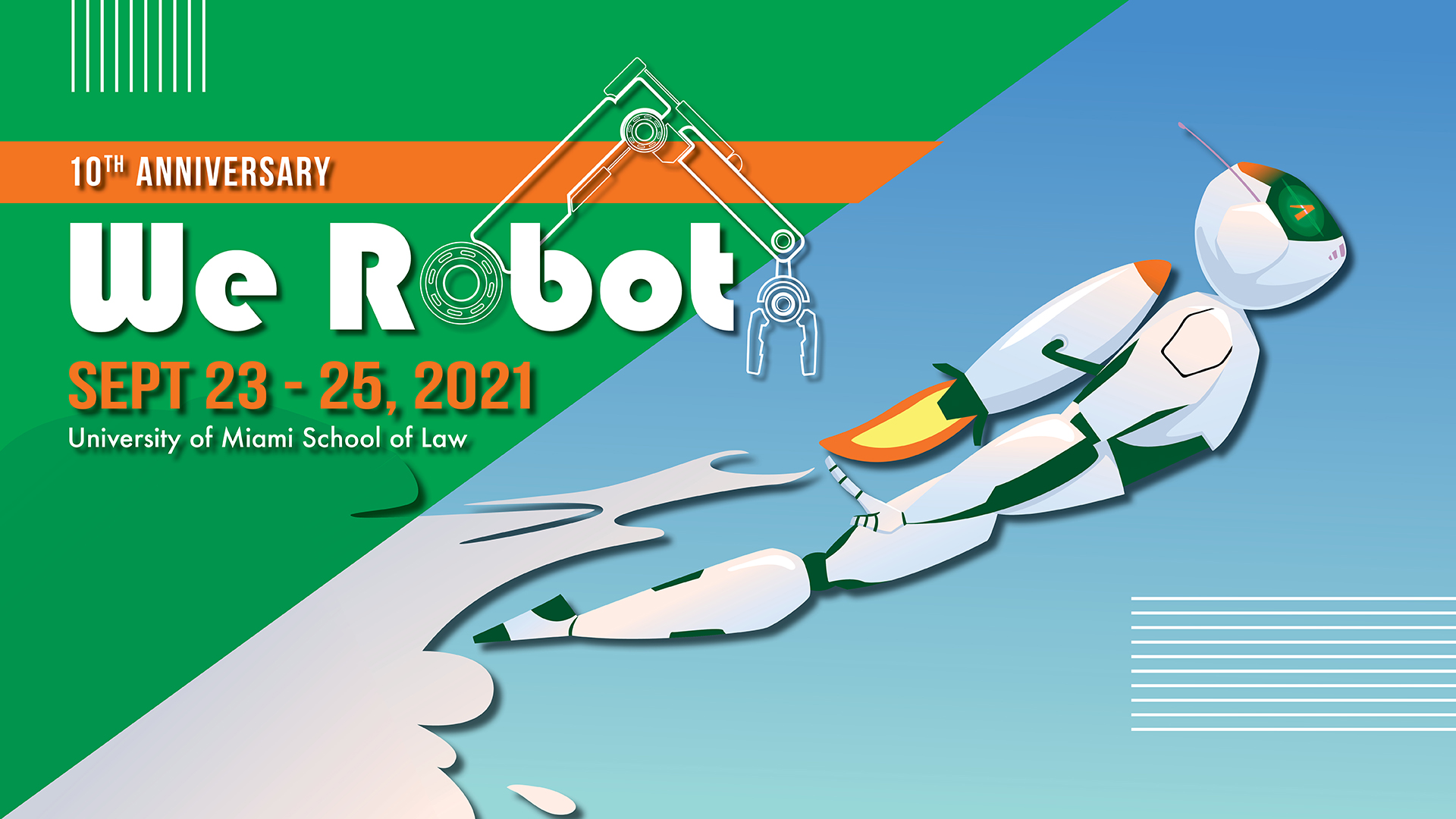#WeRobot Tenth Anniversary: Virtual but Still Vital
#WeRobot had a great Workshop day; now the heavy lifting begins. See the Program page for the next two days’ schedule and for links to all the papers, demos, and more. Our conference software allows a healthy back-channel discussion, and this was in full form yesterday–expect even more today.
